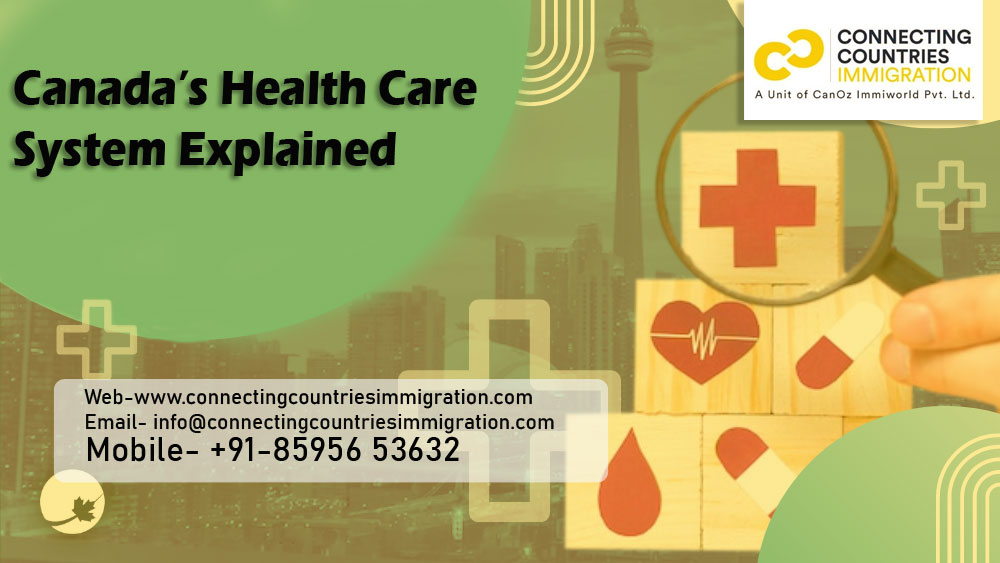Canada’s health care system explained: What newcomers can expect and need to know
It’s no secret why people from all over the world migrate to Canada: it’s a fantastic destination to visit and an even better location to live and work.
Canada is a visual feast with a high quality of life, which has made it a popular choice for expats. It also has an excellent health-care system. We understand that access to care is a crucial factor to consider while assessing the benefits and drawbacks of a foreign assignment. Canada sets a high standard in this category.
However, in order to get the most out of the system, you need to first understand it and understand how everything works. That is the primary objective of this article. We’ve simplified this to the essentials to help you make sense of it all.
Expats will feel right at home in this diverse and cosmopolitan country that is genuinely welcoming and accepting. Canada’s diversity is essential to its economic strength and standing as a G7 powerhouse, with over 200 nationalities and two official languages. So, if you’re considering a career relocation to Canada, you’ll have the support and company of other expats who have successfully made the adjustment. Of course, staying active and healthy will make your expat experience even more pleasurable and gratifying, so get to know the system as soon as possible.
Canada’s Health-Care System
To begin, Canada has a publicly funded health care system that uses tax revenue to offer free essential medical services such as primary and secondary care, emergency hospital treatment, and maternity services. Medicare is the name of the system. It’s adequate, but not perfect, as several services and treatments are not covered, such as prescription medication, dental and eye care, ambulance services, and physiotherapy. Another thing to keep in mind is that hospitals are not managed by the government, they are private.
Expats should also be aware that the Canadian health-care system is decentralized. For new expats, this is where things might become a little difficult. Instead, it is administered and provided on a provisional basis. The country is divided into 10 provinces and three territories, each of which operates independently. Standards of care can also vary, and, significantly, each region has the right to define what is “medically necessary.” This, of course, has an effect on patients. So, after your destination has been determined, it is critical to research the local health care system before flying out.
When you arrive, don’t even think about seeing a doctor or going to the hospital without first obtaining a health card. This is the very first thing on your to-do list. While the application process varies by region, it is rather simple and only asks you to provide supporting documents such as confirmation of residency and a government-issued ID. You can use the system once your card has been issued.
The next step is to identify a family doctor (or GP), which you can accomplish by enrolling with the provincial health system. It’s a good idea to ask friends and coworkers for recommendations, and you can also seek guidance from local settlement organizations and community health clinics in your region. You’ll find that Canada is well-served by walk-in medical clinics, where you may often see a doctor or other health professional without an appointment (remember to bring your health card).
Why is private health insurance required?
Moving to Canada gives you access to a well-established and efficient health-care system. But be prepared to wait; nothing happens overnight. Receiving your health card and registering with a local doctor can take up to three months. Given the services that are not covered by Medicare and the regional disparities in service delivery, it is prudent to obtain extra insurance coverage for the duration of your assignment. You will not be alone; around two-thirds of Canadians carry some type of private or corporate insurance.



